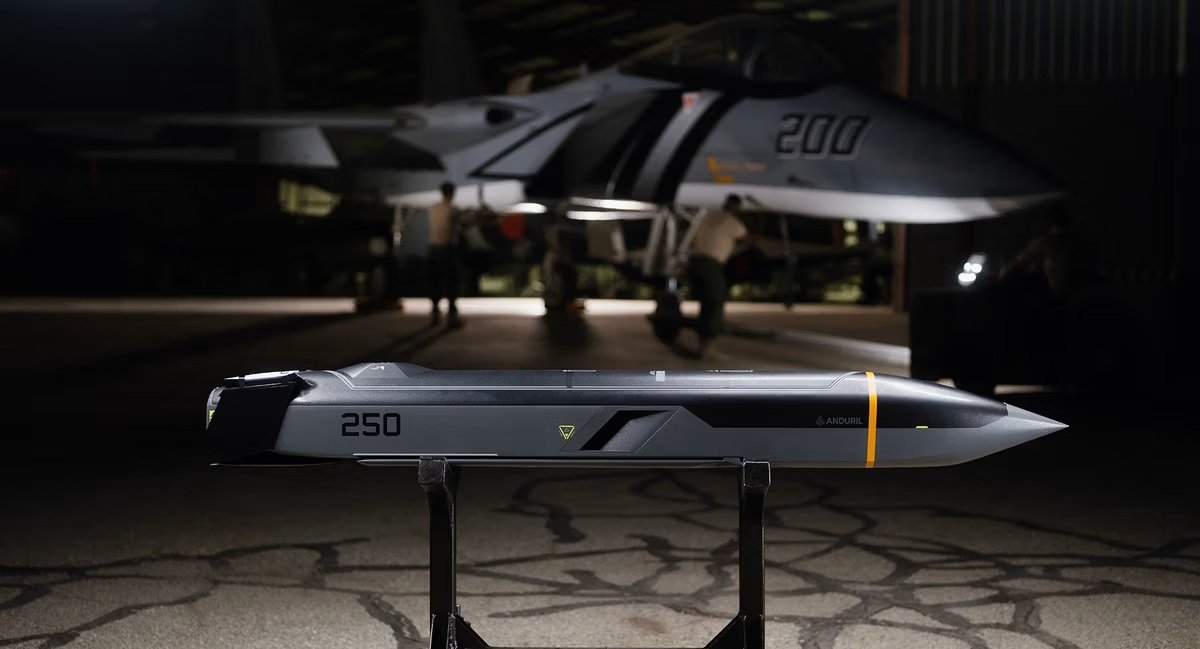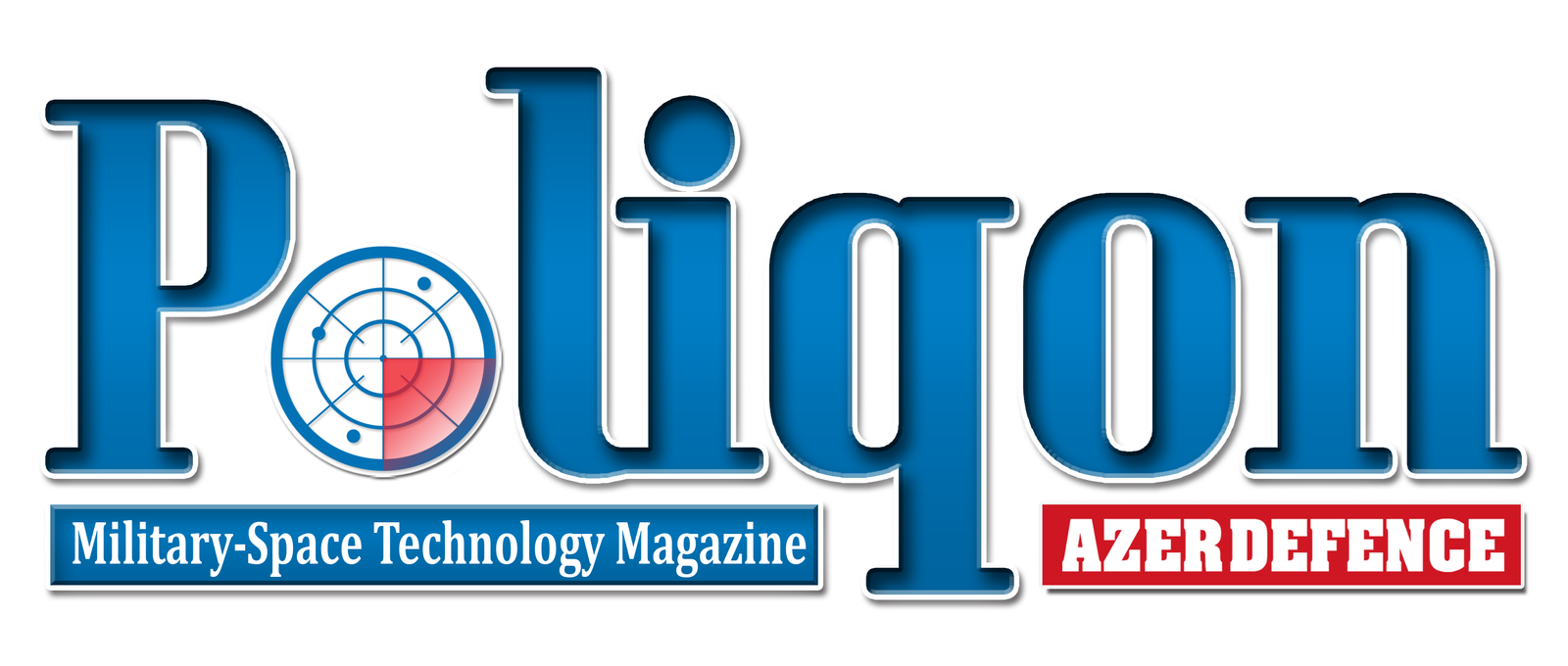
Rheinmetall to build Anduril’s combat drones in Europe
German defense giant Rheinmetall and U.S.-based Anduril Industries have announced a strategic partnership to jointly develop autonomous air systems and propulsion technologies tailored for European defense needs.
According to a joint press release, the collaboration will initially center on three key areas: the integration of a European variant of the Barracuda drone, the addition of Anduril’s high-performance Fury autonomous air vehicle into Rheinmetall’s “Battlesuite” architecture, and the co-development of solid rocket motors to enhance European propulsion capabilities.
“This is a different model of defense collaboration, one built on shared production, operational relevance, and mutual respect for sovereignty,” said Brian Schimpf, CEO of Anduril Industries. “Together with Rheinmetall, we’re building systems that can be produced quickly, deployed widely, and adapted as NATO missions evolve.”
The Barracuda and its variant Barracuda-M, described by the companies as low-cost, modular autonomous air vehicles, are designed for high-volume production and mission flexibility. Rheinmetall says their integration into European frameworks will offer scalable options to meet a variety of defense scenarios.
In a statement, Rheinmetall CEO Armin Papperger added, “Rheinmetall has always stood for reliability, scale, and strategic depth in defence manufacturing. By integrating Anduril’s solutions into Rheinmetall’s European production set up and digital sovereignty framework, we’re building on that foundation to bring new kinds of autonomous capabilities into service.”
The Fury, another core component of the partnership, is a Group 5 autonomous aircraft intended to operate as part of manned-unmanned combat teams. With modular architecture and open interfaces, Fury is capable of integrating diverse payloads, sensors, and national C2 systems to meet individual country requirements.
Also under development is a European supply chain for solid rocket motors, leveraging Anduril’s manufacturing techniques to offer an additional layer of propulsion capacity. The companies say this component of the program aims to provide a “redundant and scalable” alternative where domestic sources are still underdeveloped.
The Rheinmetall-Anduril initiative reflects what both firms describe as a “built with, not for” model — a concept prioritizing shared development over vendor dependency. The goal is to enhance European defense autonomy while maintaining NATO interoperability.
The announcement builds on earlier work between the companies, including layered counter-UAS solutions and a joint proposal for the U.S. Army’s Optionally Manned Fighting Vehicle (OMFV) program. Company officials emphasized that the current effort will avoid “slow, proprietary development pipelines,” instead opting for speed, adaptability, and collaborative innovation.
The systems under this partnership will be manufactured across various European sites in cooperation with local suppliers, ensuring regional sovereignty and broader participation across NATO’s industrial base.


